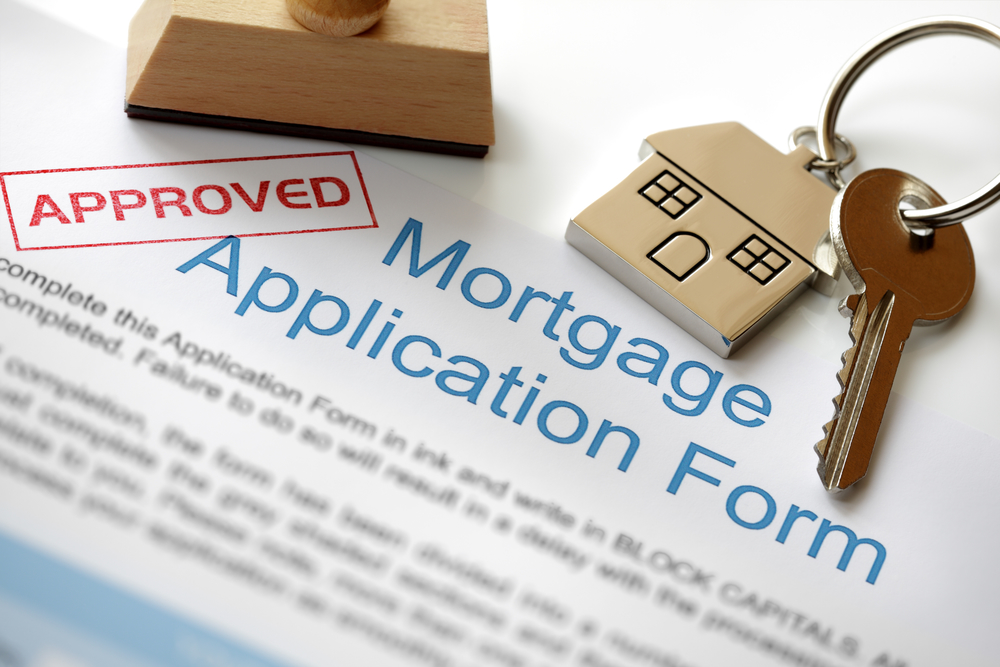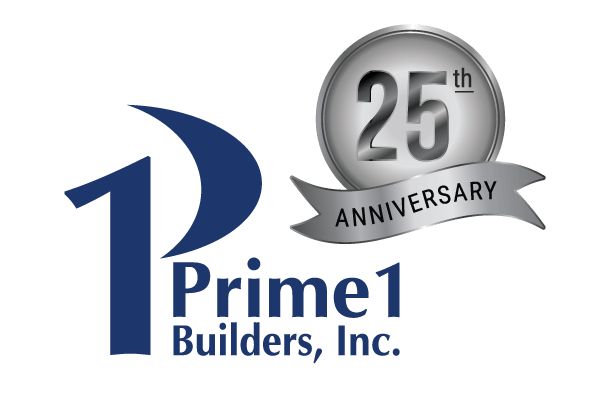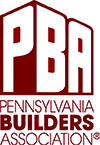
Financing a custom-built home can be an intimidating element, but it need not be. The type of mortgage loan you seek is based on the type of new construction home you want to buy.
Buying Within a Development
If you are buying a home from a builder who constructs many houses within a development, this is known as production building. Acquiring a loan for this type of construction is similar to buying an existing home. In this case, you apply for the loan when you sign a contract with the builder, but you do not lock in the terms of the loan until the house is complete.
Financing a Spec Home
If you have your eye on a spec or model home (see Spec Home vs. Custom Home), this is a home that is already built; therefore, the builder has already financed the building of the home. The process for securing this mortgage is the same as what you would go through to purchase an existing home.
Financing a Custom-Built Home: The Construction Loan
Building a custom home requires a different type of loan – a construction loan. This loan covers the cost of land development and building your home, and is distributed as each stage is completed. A construction loan is more complicated than conventional mortgage loans as you are borrowing money short term on a home that doesn’t exist. Essentially, a construction loan is a line of credit that will allow you to build your home.
Construction Loans
With a construction loan, the amount of money and the schedule by which it is dispersed to the contractor is based on a pre-established draw schedule (referred to as simply a draw). This means that while your house is under construction, milestones (usually four) are set as to when your builder will receive payment. The advantage to you is that while your home is under construction, you are paying interest only on the amount that is drawn – not the full mortgage amount. Once your home is built, you settle on the loan just as you would any other mortgage.
Construction loans are considered a higher risk, and as such they require more information from the customer before being approved. Buyers will need strong credit and a down payment of between 20% and 25%; both the value of the land and cost of construction determine the down payment amount.
For a construction loan, a lender will need a copy of your signed contract, specs and a set of building plans. The loan approval process does take longer than a standard mortgage approval, as the lender must review your documents; however, getting pre-approved can accelerate this process.
Closing on a Construction Loan
Once construction on your home is complete, you settle on your construction loan. This can be an overwhelming process for buyers, as a lot of documents and information are needed (from both the buyer and the builder). Even the most organized home buyer can find the process frustrating and cumbersome. This is where working with an established builder who understands the process can be incredibly helpful, as they will know what documents the bank will require and help you navigate it with greater efficiency. Additionally, if you choose to work with a lender who is familiar with the builder, that can also streamline the process.
Although financing is often viewed as one of the most stressful aspects of the process, in truth the hardest part has already been completed – selecting the perfect lot. Once that is done, the rest of the work is worth it because actual construction can begin, meaning sooner rather than later you will have your custom-built home!
Let Prime 1 Builders be part of your custom building team. We can help you identify potential expenses and other “issues” that may be involved so you can make an informed decision before purchasing your lot. Contact us.
Read about our custom home building process >>
Note: This is the third article in the Building Your Custom Home Series – a series of articles dedicated to building your custom home the right way.















